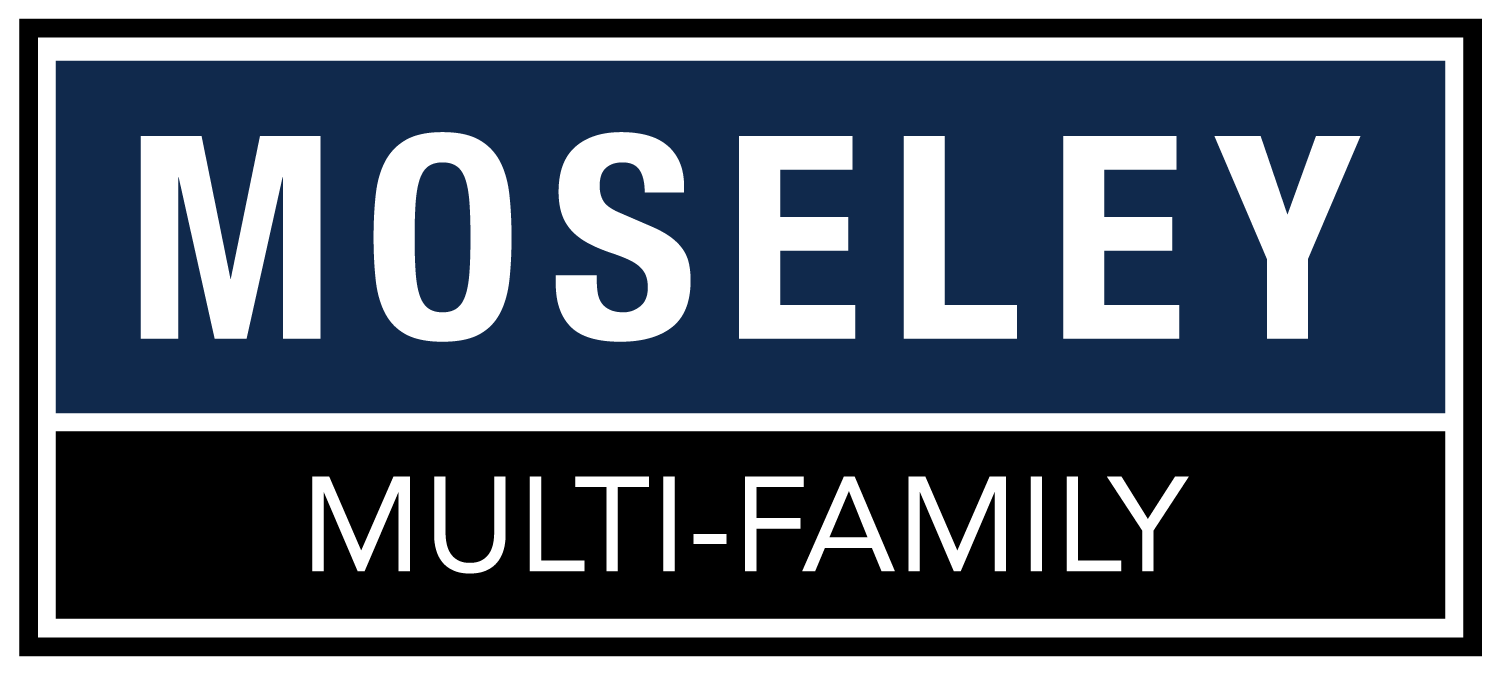What Do A McDonald’s Hamburger And The Construction Labor Shortage Have In Common?

There is a lot of uncertainty in the construction industry right now. As crews attempt to move forward on projects that were previously delayed by the pandemic, they are now facing a new crop of challenges: crippling supply chain issues and a staggering construction labor shortage.
To overcome these hurdles, contractors will need to have a solid system in place that will allow them to keep their quality consistent during these turbulent times while developing long-term solutions.
For Johnny Moseley, CEO of Moseley Multi-Family, the answer boils down to something known across the globe: the McDonald’s hamburger.
“No matter where you are in the world, if you order a McDonald’s hamburger, it will taste the same and take the same amount of time to make,” Moseley said. “That’s because they have placed a premium on consistency, which is something we also are striving to do to ensure that we can deliver the best for our clients, regardless of what’s happening in the world.”
Moseley and his team work on construction projects across the country and have been able to maintain consistent quality throughout the last two years despite mounting supply and labor shortages. He said that they have achieved this by prioritizing training and developing a system where they train and work with local crews wherever they go, instead of relying on travel crews to get the job done.
He said that this isn’t always a simple task — sometimes it can take three or four cycles of local labor crews until the company can find a group that matches their skill and quality standards — but in the end, it’s worth it.
“Local crews understand the area, they live there and their families are there so they have support systems they need to deliver quality work,” Moseley said. “We take the time to train them to meet the Moseley standards, and we can guarantee we will be giving our clients a great product every time.”
When asked how this system helps the firm overcome supply chain and labor shortages, Moseley said that building relationships with local crews and taking the time to personally train them means he can find skilled labor wherever he goes and put his focus where it really needs to be: on procurement.
“If we didn’t have highly trained crews that were consistent in how they did their job it would be extreme chaos, we would be running around like chickens with our heads cut off,” Moseley said. “Instead, we have stability in our process and are able to focus on supply chain issues.”
The team worked on a project in Indianapolis for property management group AION Partners. There, they met Daniel Robinson, who was a Marine and manager of a moving company. Robinson became the first person to go through the Moseley training program and AION was so impressed with his work, they hired him to be a construction manager for six months for three of their projects, overseeing 400 units.
"Moseley has the best training program out there," said Alex Case, senior associate in the construction division at AION.
Moseley said that the firm has brought in additional manpower to source materials for its projects. It has also expanded its vendor base and curated a surplus of finish selections so if one plumbing fixture isn’t available, the company is immediately able to move on to a second or even third option without having to wait for supplies to come in. His team has also increased marketing efforts in the cities it operates out of to attract crews and build a reserve of workers across the country.
He cautioned that when hiring a contractor, developers should always ask candidates if they have existing relationships with labor crews in the area or if they are planning on developing those relationships. Otherwise, the contractor may be planning to rely on travel crews who are working out of an unfamiliar location, away from their home and loved ones, and may not be able to deliver a high-quality product.
“We’ve brought in travel crews to help train the local crew, but by month three of each project we’re working with a trained and certified group that is locally based,” Moseley said. “That’s the key to consistent quality and satisfied clients.”
To learn more, listen to the Multi-Family By Mosely podcast.
This article was produced in collaboration between Studio B and Moseley Multi-Family. Bisnow news staff was not involved in the production of this content.
Studio B is Bisnow’s in-house branded content studio. To learn more about how Studio B can help your team, reach out to studio@bisnow.com.

